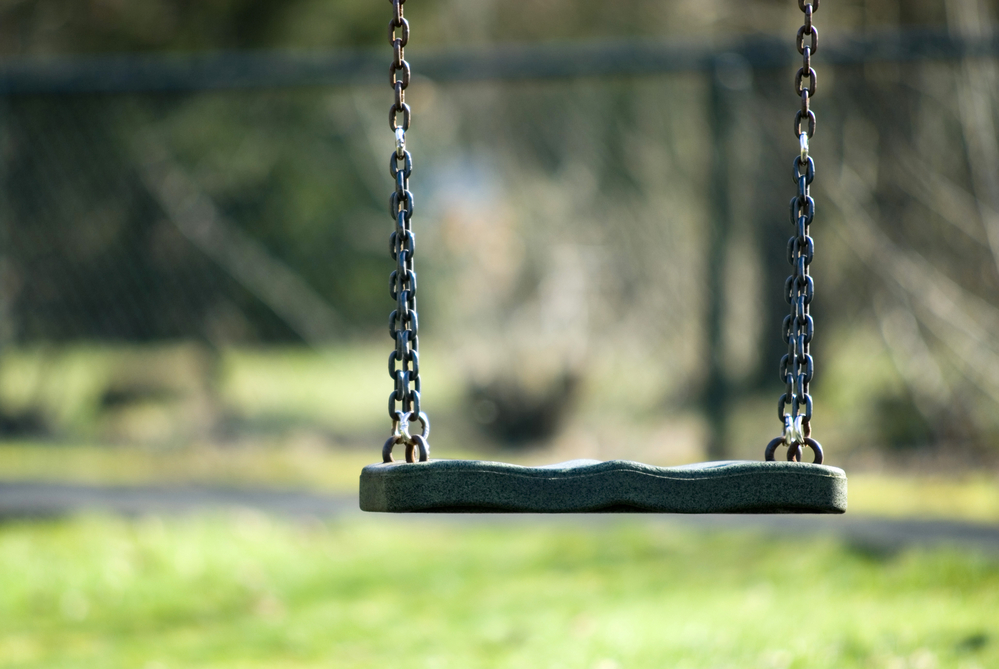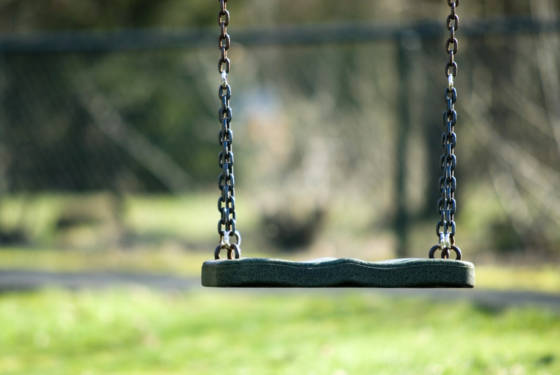Abused children in post WWII care will now get compensation: NOS


The cabinet is to compensate people who were abused as children while living with foster families or in care homes in the post-WWII years, public broadcaster NOS reports.
On Wednesday, health minister Hugo de Jonge apologised to the victims and, according to NOS sources, they will now be financially compensated as well. The minister is meeting victims in Nieuwegein on Thursday afternoon to inform them about how much money they will get.
The cabinet is acting on the recommendations of the Commission De Winter which investigated violence in youth care after 1945 and interviewed some 1,000 victims over a four-year period.
The commission, which published its findings last year, found that three quarters of the 200,000 children who had spent some time in care had suffered some form of abuse and one in 10 had faced serious form of physical, verbal or sexual abuse.
Most said they had been subjected to physical violence, humiliation and isolation, which in many cases had left them incapable of forming good relationships with partners and children.
Commission chairman and professor of pedagogy Mischa de Winter said at the the time that some of the cases were ‘shocking beyond belief’, with some children taken away from their parents because they were ‘antisocial’.
Children who wet the bed were stripped naked in front of the other children, forced to put their wet things in their mouth and beaten with a belt.
This not only happened in homes but also in foster care and homes for young psychiatric patients, the commission found.
Apart from recognition of the suffering experienced by victims the commission also recommended a study problems with violence in the current youth care system.
Thank you for donating to DutchNews.nl.
We could not provide the Dutch News service, and keep it free of charge, without the generous support of our readers. Your donations allow us to report on issues you tell us matter, and provide you with a summary of the most important Dutch news each day.
Make a donation